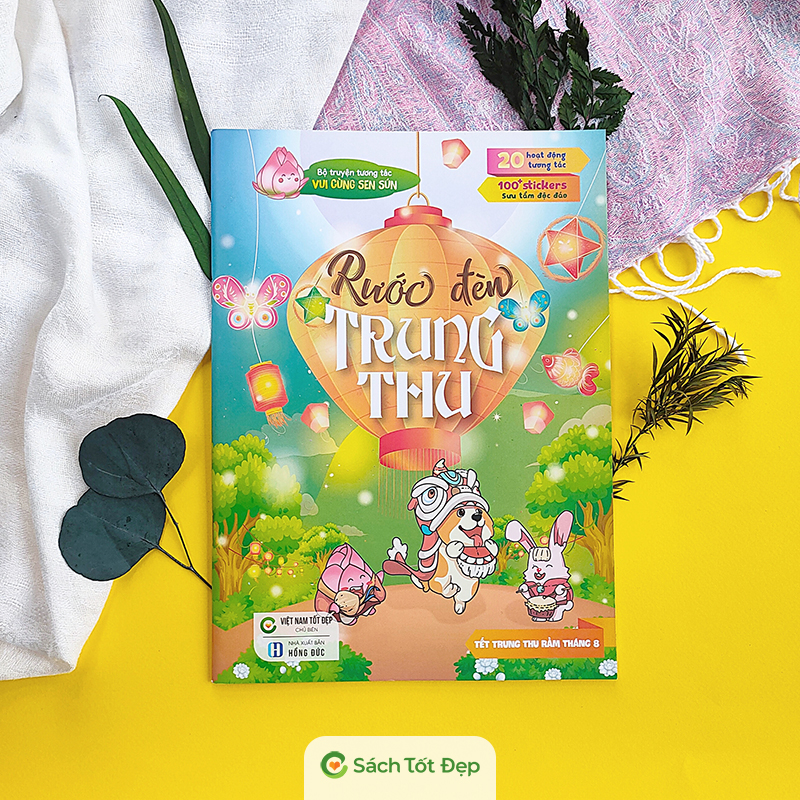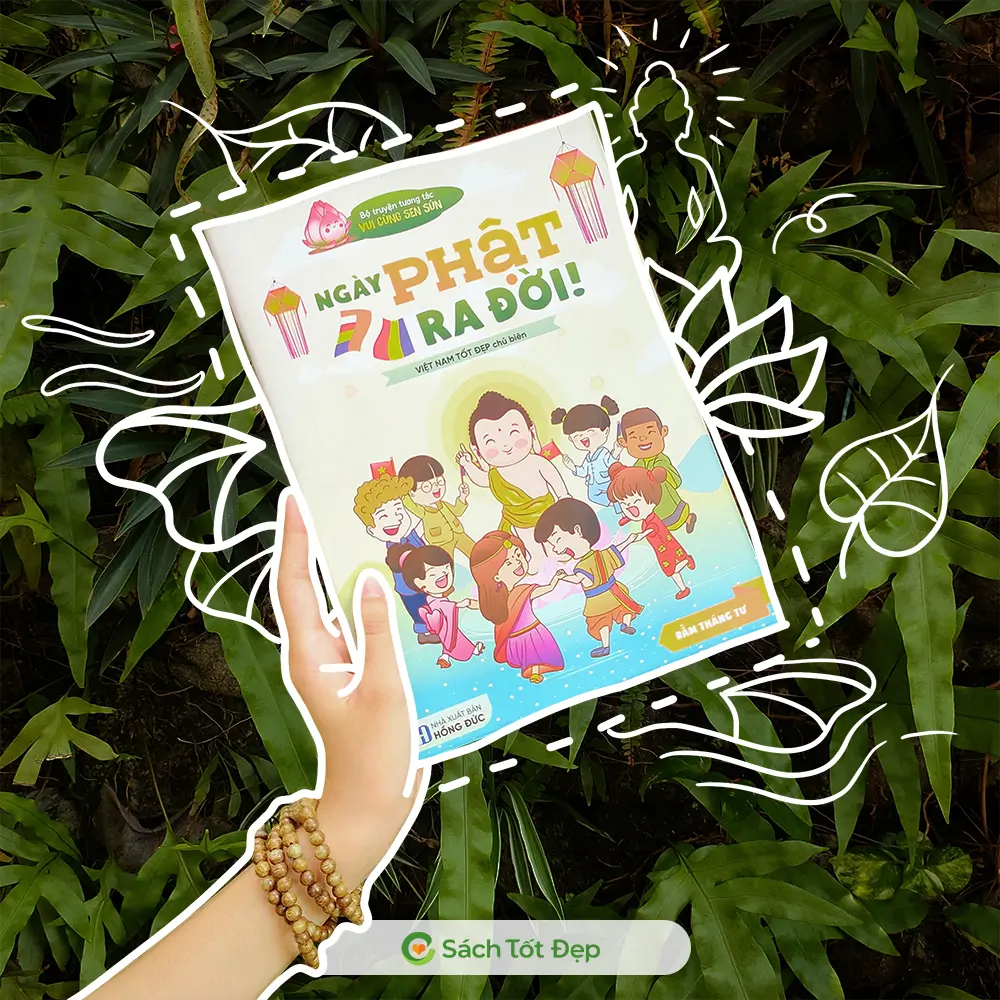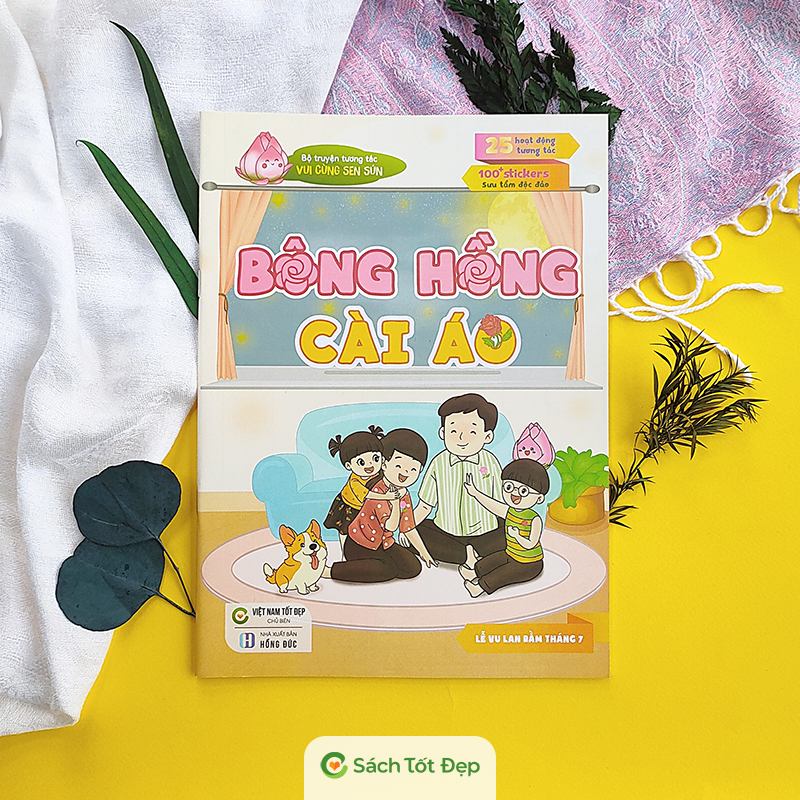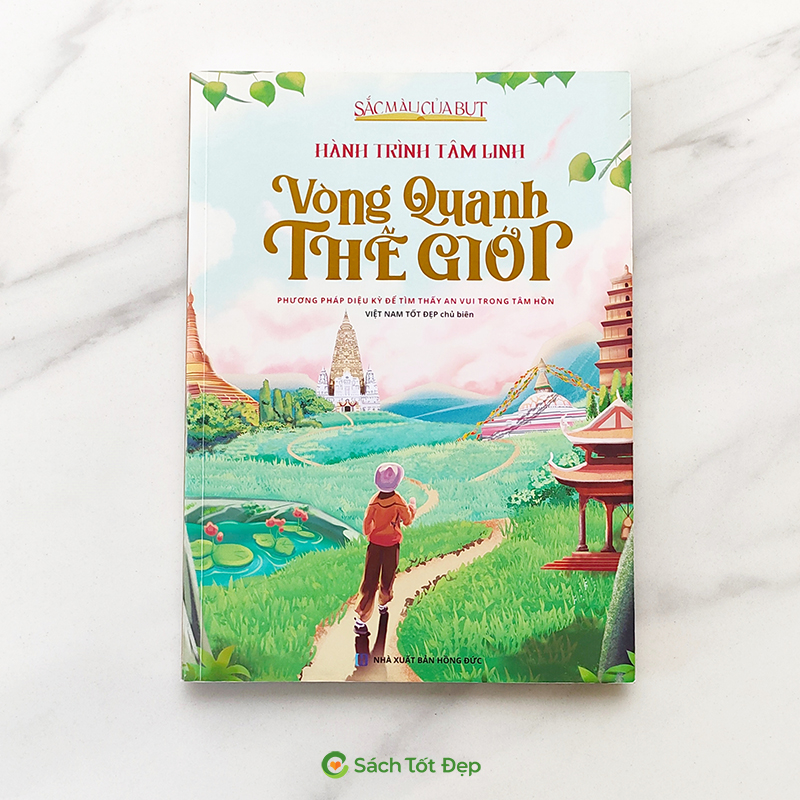Sri Lanka’s Plastic Ban to Safeguard Elephants
Sri Lanka Bans Single-Use Plastics to Protect Wildlife amid Growing Environmental Concerns
Escalating Human-Wildlife Conflict Due to Shrinking Habitats
The diminishing habitats have led to elephants encroaching into villages in search of food, with many succumbing to painful deaths after consuming food waste mixed with plastic debris.
Government’s Response to Plastic Pollution
Sri Lanka’s Cabinet Spokesman and Minister of Mass Media, Bandula Gunawardana, announced that the production or sale of plastic cutlery, cocktail shakers, and artificial flowers would be prohibited starting in June. This decision is a result of the recommendations made by a council appointed 18 months ago to study the impact of plastic waste on the environment and wildlife.
Prior Initiatives and Current Challenges
The ban on non-biodegradable plastic bags was implemented in 2017 due to concerns about flooding. The import of plastic cutlery, food wrapping paper, and toys was prohibited two years ago following several incidents of wild elephants and deer dying after scavenging in open garbage dumps.
Autopsy results revealed numerous wild animals died after ingesting plastics and food waste. This led to a call for a global treaty to prevent plastic waste pollution.

Sri Lanka’s Commitment to Wildlife Conservation
Sri Lanka has banned single-use plastics to save elephants, which are considered sacred animals and legally protected in the country. Despite these efforts, the production and sale of plastic products continue domestically.
Expert Opinions and Future Directions
Jayantha Jayewardene, a leading Asian elephant expert in Sri Lanka, welcomed the government’s move but suggested that the ban should be extended to biodegradable plastic bags.
“These bags are entering the food chain of elephants and wildlife, and that is not good,” said Jayewardene.
Elephants, revered as sacred animals and legally protected in Sri Lanka, face approximately 400 deaths annually due to human-elephant conflicts near wildlife conservation areas, while about 50 people perish in these conflicts.
Consequences of Habitat Reduction and Government Action
The reduction in their habitats has forced elephant populations to enter villages for food, often leading to their painful deaths from consuming plastic waste. About five years ago, dozens of wild deer died from plastic poisoning in northeastern Sri Lanka, prompting the government to ban open waste dumping near forest conservation areas.
(Source: phatgiao.org.vn)
Sản phẩm bạn có thể quan tâm

Let’s play with Sen Sun: Mid-Autumn Festival
Coloring book
30.000đ

Let’s play with Sen Sun: Buddha’s birthday
Coloring book
28.000đ

Let’s play with Sen Sun: Ullambana Festival
Coloring book
28.000đ

The Colors of Buddha: A Spiritual Journey Around the World
Coloring book
135.000đ





